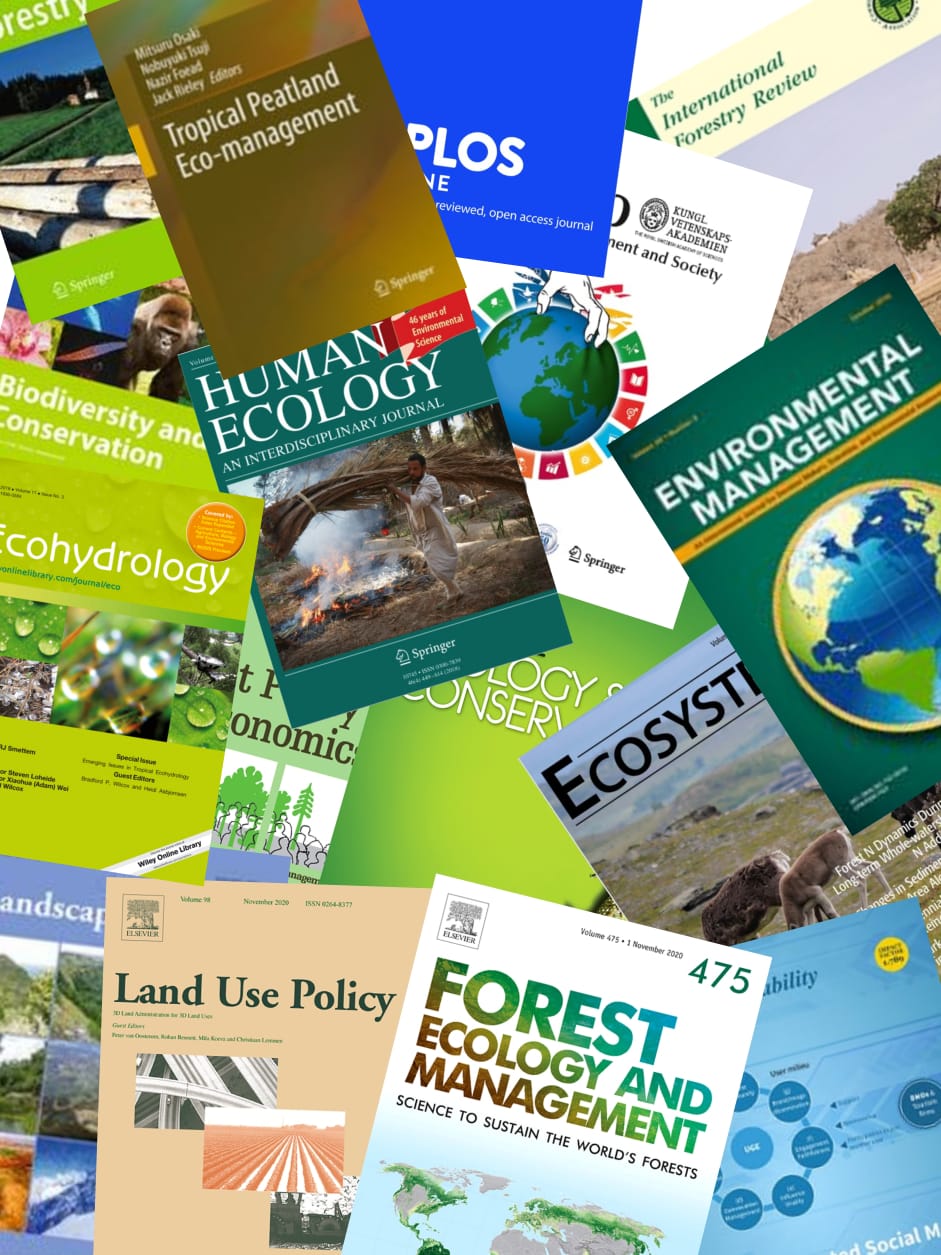Addressing transboundary environmental problems, such as pollution, and climate change, hinge on strategies that often require both mandatory and voluntary participation of affected nations. Using an unprecedented approach, the Singapore government recently passed a Transboundary Haze Pollution Act (THPA) that financially penalizes companies for smoke-haze affecting the city-state but originating from activities outside her political boundaries. This Act may set a precedent for future actions against proximate actors of environmental degradation but is fraught with substantial challenges in implementation. In attempting to hold agri-business companies accountable, the THPA must present indisputable evidence of fire burning activities and positively identify the initiator of these fires. We further argue that small amendments to the THPA, and other similar laws, may result in environmental co-benefits related to carbon emissions, ecosystem services and biodiversity preservation. © 2015 Elsevier Ltd.
View source

